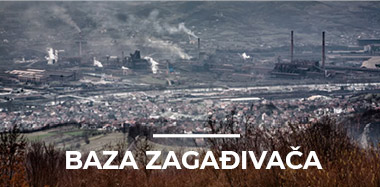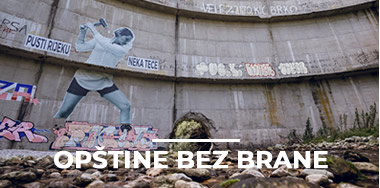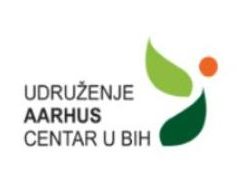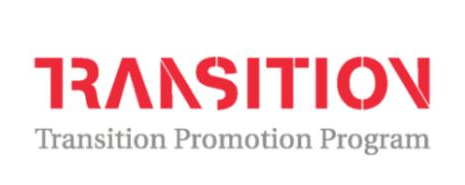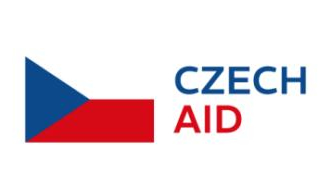The third pillar of the Aarhus Convention, access to justice, giving the public, or all citizens and associations representing them, the right to penalties for violations and compensation by public authorities in relation to access to information and public participation in the decision making process. The Aarhus Convention obliges States which ratified it to establish an appeals procedure, which must be adequate and effective. Legal decisions must be recorded in writing, and must be available to the public. Citizens need to be informed about the opportunities available to them to initiate administrative or judicial procedures. Government institutions must establish mechanisms to help to remove or reduce financial barriers to access to justice. The Aarhus Convention provides for access to justice as a right that is realized in the broadest possible sense. First, the basic criteria that states must respect are determined, and then the responsibility for the detailed determination of this right is imposed.
Recognizing the right of every person "to live in the environment favorable for good health and well-being", the Convention also covers all situations in which this right is not guaranteed. Furthermore, the Convention obliges states that have ratified the Convention to abandon any narrow view of access to justice. Established "sufficient interest" justifying judicial proceedings in accordance with the Convention. However, in practice there are often limitations imposed by national laws.
Human rights and the Aarhus Convention
Article 3 of the Law of the Federation of Bosnia and Herzegovina on Environmental Protection ("Official Gazette of BiH", No. 33/03) defines the "right to environment" as follows:
Every person has the right to a healthy and eco-friendly environment as a basic constitutional right.
Every human being has the right to live in an environment which is friendly for the health and well-being, therefore, it is an individual and collective duty to protect and improve the environment for the benefit of present and future generations.
The Aarhus Convention regulates the rights of man to live in an environment that ensures the health and welfare, and ensures that such an environment is preserved and improved in the interest of present and future generations. Convention extends this right to the right of citizens to access the information, to participate in decision-making and to be protected before the competent state authorities. These rights are universal human rights (right to information, the right to participate in decision-making, the right to judicial protection), which has long been located in the most important international documents on human rights. In this Convention, the rights were linked to the environment for teh first time.
Basic concepts and definitions
The public means one or more natural or legal persons and, in accordance with national legislation or practice, their associations, organizations or groups;
The public concerned means the public affected or likely to be affected or has an interest in making decisions concerning the environment.
Non-governmental organizations promoting environmental protection and meeting the other requirements of national legislation are considered to be interested in the sense of the foregoing definition, and before the public authorities do not have to prove a property of an interested party.
The judicial procedure
Each procedure before the judiciary (in the broad sense) is a procedure which preceded a law limiting the rights set. Proceedings before the Court involves at least two parties to the dispute, one whose rights have been violated, and on the other side of the breach. Without getting into the way in which a neutral and independent body (court) decision, fast procedure time "injustice" shortens, or violation of the right to fix. In practice, if one denied the right to information, and on the occasion that an action, it is essential that you will solve the injustice in what time frame. It is possible that the disposal solutions, lead to the inability of the decision or will not be repaired the injustice inflicted on the restriction of the right.
Equity
The right to a fair trial is one of the basic human rights and fundamental rights, explicitly stated in the European Convention on Human Rights and Fundamental Freedoms man. The Constitution of BiH guarantee the high level of protection of all human rights enshrined in the European Convention, which was the right constitutional right of every citizen of Bosnia and Herzegovina. Fairness is achieved through consistent compliance with the basic principles of procedures that include:
- The independence of the courts (and administrative bodies)
- Legality
- Equal treatment of parties
- The right of each party to be heard, and that her statements (evidence) are treated in the peer context as the evidence of other party
Transparency
One of the basic legal principles is transparency, i.e. openness of the proceedings. According to this principle, every citizen who has an interest or is likely his interest (the term used in the fields of legislation) has the right to monitor, or to have a full insight into the state of proceedings. This means that it has the full right to inspect the files, you can make copies of certain documents. From this rule the only exempt are records from deliberations, outline solutions, writings which were officially introduced as confidential and those records whose transparency can have a negative impact on the personal rights of a participant in the process.


